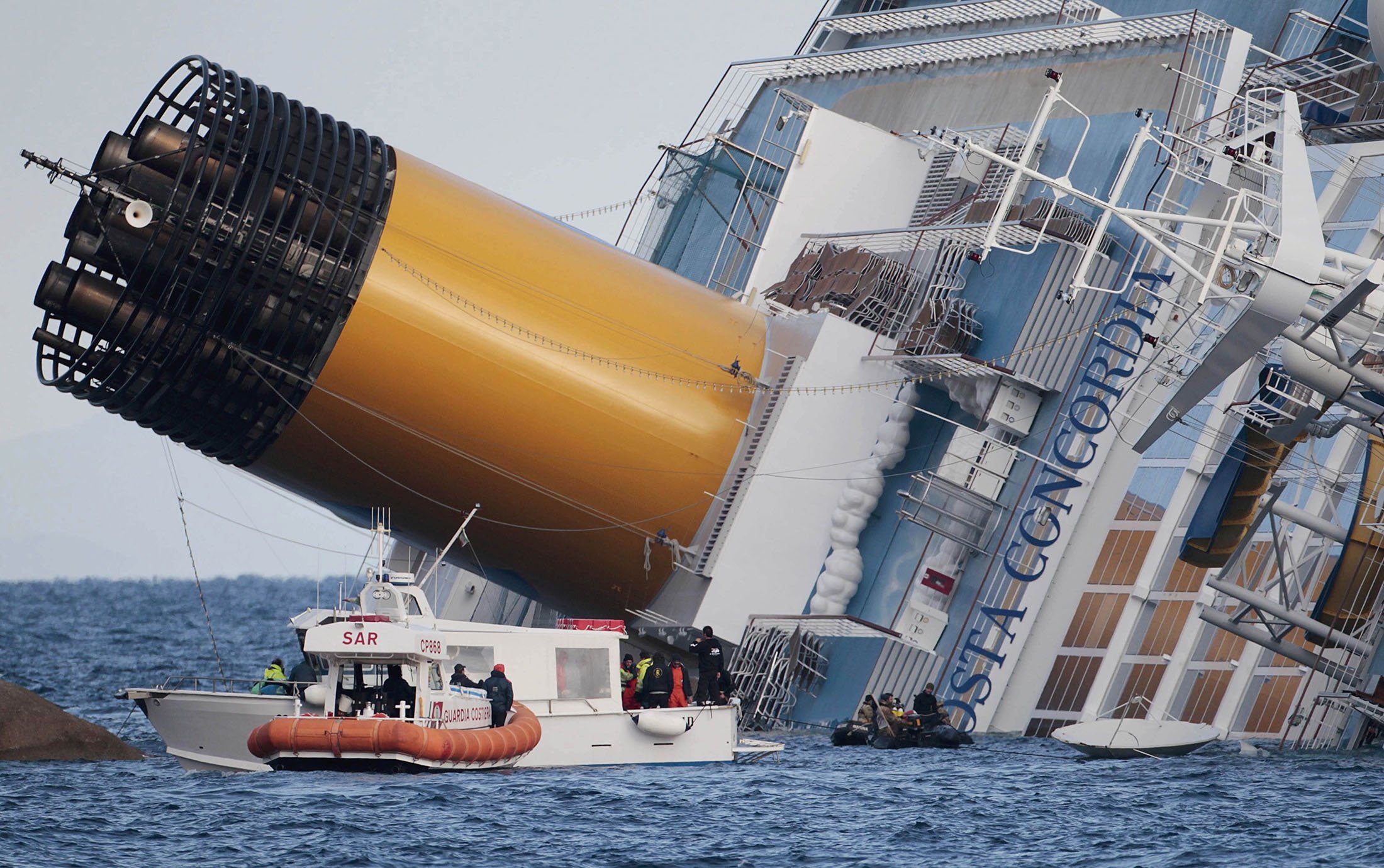Navigating the legal waters after a cruise ship accident can be complex, particularly when understanding the statute of limitations. These timelines dictate how long you must file a claim after an incident occurs. We will delve into the intricacies of the statute of limitations about cruise ship accidents, shedding light on crucial timelines and considerations.
Understanding Statute of Limitations
Firstly, it’s essential to grasp the concept of statute of limitations. This legal doctrine sets the maximum time after an event within which legal proceedings may be initiated. For cruise ship accidents, this timeframe can vary depending on various factors, including the nature of the incident, the jurisdiction where the claim is being pursued, and the type of claim being filed.
Timelines for Filing Claims
The specific timelines for filing cruise ship accident claims can differ significantly. In many cases, the statute of limitations ranges from one to three years from the date of the incident. However, it’s crucial to note that this timeframe can vary based on where the claim is filed. For instance, if the accident occurred in international waters, maritime law and international treaties may come into play, influencing the statute of limitations.
Factors Influencing Statute of Limitations
Several factors can influence the statute of limitations for cruise ship accident claims. One key factor is the type of claim being pursued. For example, personal injury claims typically have a different statute of limitations than claims related to contractual disputes or property damage. Additionally, the jurisdiction where the claim is filed can significantly impact the timelines, as different states or countries may have distinct laws regarding statute of limitations for maritime incidents.
Exceptions and Extensions
While the statute of limitations generally sets a strict deadline for filing claims, certain exceptions and extensions may apply in specific circumstances. For instance, if the injured party is a minor during the accident, the statute of limitations may be extended until they reach the age of majority. Similarly, suppose the injury or damage is discovered at a later date. In that case, some jurisdictions allow for a “discovery rule” that starts the statute of limitations from the date of discovery rather than the date of the incident.
Importance of Timely Action
Timely action is paramount regarding cruise ship accident claims and statute of limitations. Failing to file a claim within the prescribed timeframe can result in the claim being barred, meaning the injured party may lose the opportunity to seek compensation for their losses. Therefore, individuals involved in cruise ship accidents must seek legal counsel promptly to ensure compliance with the applicable statute of limitations.
Legal Guidance and Expertise
Navigating statute limitations and filing cruise ship accident claims requires a thorough understanding of maritime law and legal procedures. Seeking guidance from legal professionals with experience in maritime law and personal injury claims can be invaluable. These professionals can assess the specifics of the case, determine the applicable statute of limitations, and provide guidance on the best course of action to protect the rights and interests of the injured party.
Legal Recourse and Compensation
Victims of cruise ship accidents may seek legal recourse to obtain compensation for various damages. These damages can include medical expenses, lost wages, pain and suffering, emotional distress, and, in some cases, punitive damages. Understanding the statute of limitations is crucial, as it determines the timeframe within which victims must initiate legal proceedings to pursue compensation for their losses.
Challenges in Maritime Law
Navigating cruise ship accident claims within maritime law can pose unique challenges. Maritime law is a complex legal framework that governs activities and incidents on navigable waters, including oceans, seas, and lakes. This area of law incorporates elements of international law, national laws, and specialized maritime regulations, making it essential for legal professionals handling cruise ship accident claims to understand these complexities deeply.
Global Considerations and Jurisdictional Issues
Cruise ship accidents often involve multiple jurisdictions, adding another layer of complexity to the legal process. Determining the appropriate jurisdiction with the help of a cruise ship injury lawyerfor filing a claim can be challenging, mainly when the accident occurs in international waters or involves parties from different countries. International treaties, such as the Athens Convention on the Carriage of Passengers and their Luggage by Sea, may also impact jurisdictional issues and statute of limitations, highlighting the importance of legal expertise in navigating these global considerations.
Understanding the statute of limitations is essential for individuals seeking to file cruise ship accident claims. Timely action, knowledge of relevant laws, and legal guidance are critical factors in navigating this process effectively. By being aware of the timelines for filing claims, considering the factors that influence the statute of limitations, and seeking timely legal assistance, individuals can pursue their rights and seek compensation for damages resulting from cruise ship accidents.




